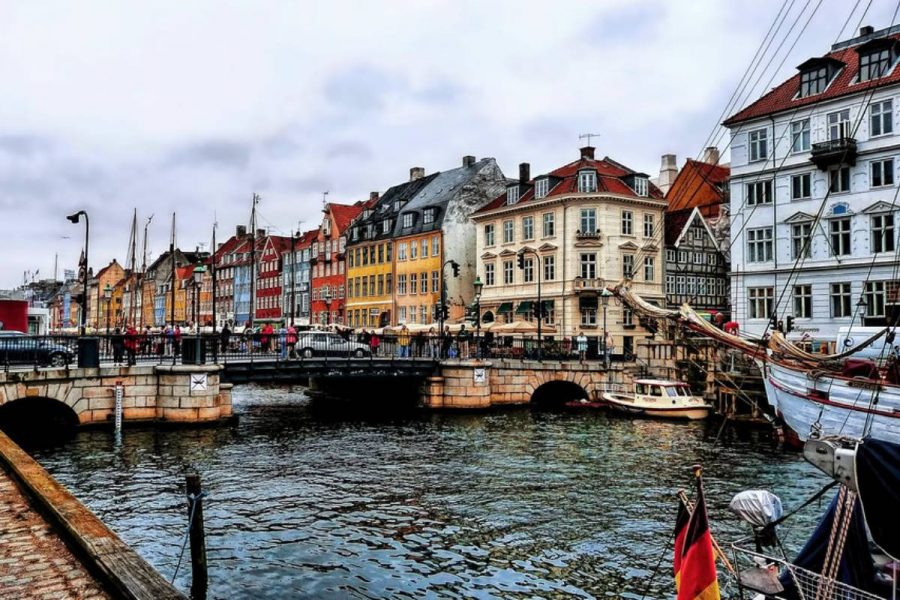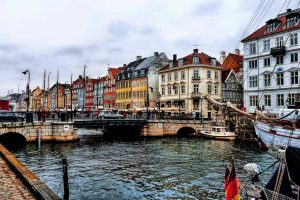Danish channelisation rate steady at 90%

The picture has changed radically in the first decade since the opening of the Danish gaming market.
Denmark.- The Danish gambling regulator Spillemyndigheden has reported that ten years after the liberalisation of the country’s gaming market, channelisation to regulated offerings stands at 90 per cent. That’s a big change from pre-2012 when all regulated gambling was operated by the state monopoly operator Danske Spil.
Before the passing of the 2012 Gambling Act, the rate of channelisation was estimated at just 39 per cent, with the majority of gamblers turning to unregulated private offerings rather than the state monopoly. The transformation came fast, with the rate improving to 69 per cent in the first year of liberalisation.
The 90 per cent channelisation rate was first reached in 2020 and has been achieved once again during the past year. The regulator also said this is the fifth highest channelisation rate out of 10 European countries, coming in behind Great Britain, the Czech Republic, Italy and Romania.
Regulated operators in Denmark must require players to set deposit limits before they can play and must promote Denmark’s self-exclusion register, thus offering more protection to players than unregulated offerings.
Spillemyndigheden director Anders Dorph said: “One of the most important reasons for the partial liberalisation of the Danish gaming market 10 years ago was that Danes wanted to play on a wider range of games, and thus demanded games from private providers who offered online games.
“These providers were not covered by Danish regulations and therefore did not pay gaming tax to the state. They did not have to live up to the Danish rules for consumer protection and responsible gambling.
“[The channelisation rate] clearly shows that the mission has been successful. At the Gambling Authority, we are very happy that Danes prefer gambling sites with a Danish licence. We supervise the providers and we check whether they comply with the applicable legislation.
“We are proud that Denmark is one of the countries with the highest proportion of online gaming with licensed providers. In Europe, we are surpassed by only a few countries.”
Spillemyndigheden observed that the gambling rate in Denmark has increased by 7 per cent in the decade since liberalisation, mainly due to the increase in online gambling. However, it noted that gambling spend actually represents about the same percentage of monthly spending when considering the average increase in Danish wealth during the same period.
Spillemyndigheden cancels one injunction against Tipwin
Meanwhile, Spillemyndigheden has cancelled one of two injunctions it had issued against Tipwin for money laundering. In June, the regulator said it had reported Tipwin to police over failings in the anti-money laundering at retail betting shops.
It said that following careful consideration, it has now cancelled one of two injunctions issued after recognising that staff responsible for some AML practices had been outsourced. The failings, therefore, come under a different section of Denmark’s gambling legislation.
However, the regulator has not said anything about a new injunction, but only that Tipwin will no longer be subject to additional rules that it had been ordered to implement. The other injunction remains in place.
Last week, the Frederisksberg court granted Spillemyndigheden an order to block 82 unlicensed websites that were offering gaming to Danish consumers. The latest list of blocks is the longest that the regulator has issued to date.
The court decision is the eighth since the opening of the Danish market under the Gambling Act in 2012. To date, 227 sites have been blocked. Spillemyndigheden monitors online gaming operators to identify unlicensed offers, including through the use of tipoffs from the public and licensed operators.









